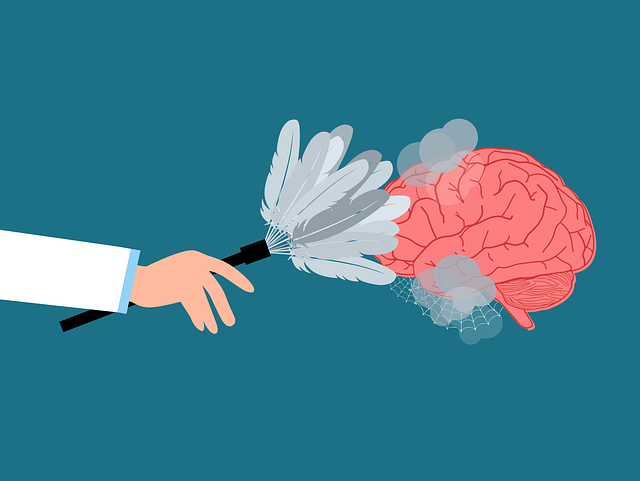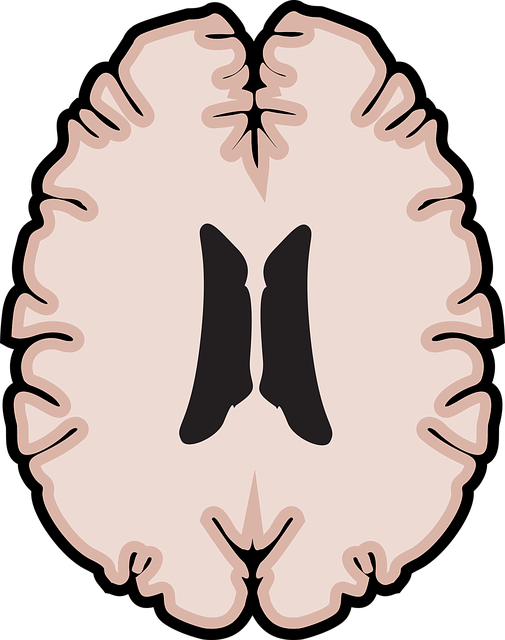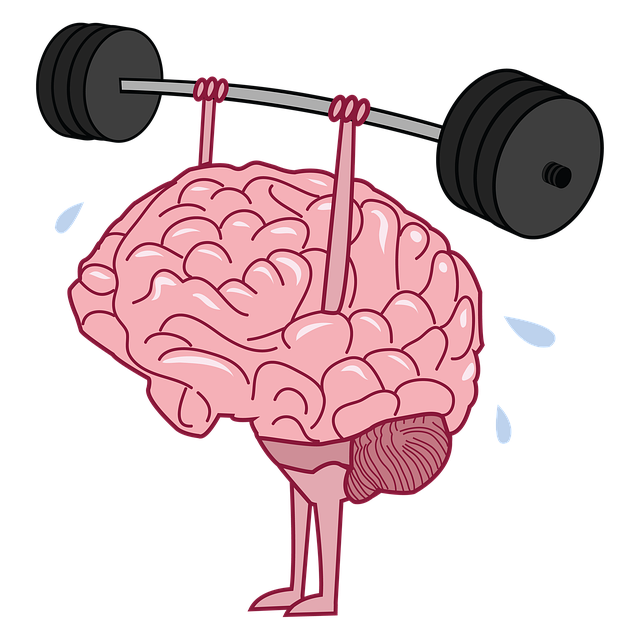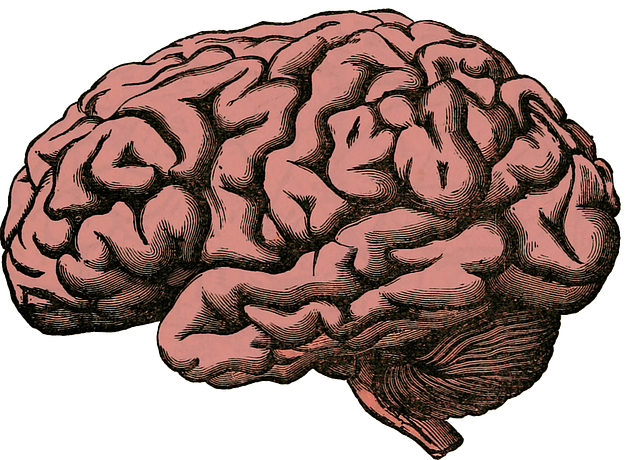Community outreach programs tailored for adult geriatrics are essential in addressing their unique challenges and improving overall well-being. These initiatives provide much-needed therapy, combat isolation and stigma, and enhance quality of life through personalized interventions, engaging activities, and evidence-based practices. Effective implementation requires a strategic approach, integrating Mental Illness Stigma Reduction Efforts, cultural competency training for healthcare providers, and structured assessment tools to measure impact on physical health, cognitive function, and mental wellness. By focusing on these aspects, community outreach programs can significantly improve the lives of geriatric adults.
Community outreach programs play a pivotal role in enhancing the well-being of adult geriatrics. This article delves into the intricacies of tailoring and implementing therapeutic initiatives specifically for older adults, highlighting both the need and benefits. We explore effective strategies to engage geriatric communities, ensuring impactful outcomes. From understanding unique geriatric challenges to measuring program success, this guide offers insights on designing and evaluating therapy programs that cater to the specific needs of this demographic, fostering healthier, more connected lives.
- Understanding Community Outreach for Adult Geriatrics: The Need and Benefits
- Designing Effective Therapy Programs Tailored to Geriatric Communities
- Strategies for Successful Implementation and Community Engagement
- Measuring Impact: Evaluating the Success of Outreach Initiatives in Geriatric Care
Understanding Community Outreach for Adult Geriatrics: The Need and Benefits

Community outreach programs tailored for adult geriatrics are essential initiatives that address a unique and often overlooked demographic. As our population ages, understanding the specific needs and challenges faced by older adults is crucial. These programs offer much-needed therapy for adults geriatrics, focusing on enhancing their overall well-being and quality of life.
The benefits extend beyond individual improvement; they contribute to a more supportive and inclusive society. By implementing these outreach efforts, communities can effectively combat burnout prevention in older adults, who may experience increased isolation and stress. Moreover, mental illness stigma reduction efforts can gain significant traction, fostering an environment where geriatrics feel comfortable seeking help for their psychological health. Additionally, resilience building is a key outcome, empowering this age group to navigate life’s challenges with greater fortitude.
Designing Effective Therapy Programs Tailored to Geriatric Communities

Designing effective therapy programs tailored to geriatric communities requires a nuanced approach that acknowledges the unique needs and challenges faced by older adults. Therapy for adults in geriatrics should focus on enhancing quality of life, promoting independence, and fostering social connections. Customized interventions can include stress reduction methods adapted to address age-related concerns, such as joint pain or cognitive changes. By incorporating self-care routine development for better mental health, professionals can empower seniors to maintain resilience and cope with potential burnout, a common issue in this demographic.
Programs should also prioritize engaging activities that stimulate minds and bodies, combat social isolation, and encourage intergenerational connections. Incorporating evidence-based practices tailored to geriatric populations ensures that therapy programs are not only effective but also meaningful, enhancing the overall well-being of community members.
Strategies for Successful Implementation and Community Engagement

Implementing community outreach programs requires a strategic approach to ensure successful engagement and positive outcomes for all stakeholders involved. One key strategy is tailoring programs to meet the specific needs of diverse communities, including geriatric populations. Incorporating therapy for adults in these initiatives can address common mental health issues and reduce the stigma associated with seeking treatment, fostering a more inclusive environment.
Additionally, integrating Mental Illness Stigma Reduction Efforts into community outreach can help break down barriers that prevent individuals from accessing healthcare services. Public Awareness Campaigns Development and Healthcare Provider Cultural Competency Training are other essential components. Educating care providers on cultural sensitivity ensures they can offer personalized, effective support to various community members. These strategies collectively contribute to enhancing overall community well-being and fostering stronger connections between healthcare services and the people they serve.
Measuring Impact: Evaluating the Success of Outreach Initiatives in Geriatric Care

Measuring the impact of community outreach programs in geriatric care is essential to evaluating their success and ensuring they meet the unique needs of older adults. By implementing structured assessment tools, initiatives can track improvements in physical health, cognitive function, and mental wellness among participants. For instance, regular monitoring of vital signs, balance assessments, and cognitive tests provide quantifiable data on program effectiveness. Additionally, qualitative feedback through surveys or interviews offers insights into the lived experiences of seniors, highlighting areas where outreach efforts excel or require adjustments.
One innovative approach to gauge success involves integrating therapeutic activities like journaling, exercise guidance, and social skills training within the outreach framework. By tracking participants’ engagement in these activities and subsequent reports of improved mental wellness and reduced anxiety, programs can demonstrate their impact on individual well-being. This holistic evaluation method not only measures physical health improvements but also reflects on the overall quality of life enhancements brought about by community outreach initiatives tailored for geriatrics therapy.
Community outreach programs focused on adult geriatrics have the potential to significantly enhance quality of life and overall well-being. By understanding the unique needs and benefits of such initiatives, designing tailored therapy programs, and employing successful engagement strategies, we can measure substantial impact. Evaluating these outreach efforts ensures that resources are allocated effectively, allowing for continued improvement in geriatric care through innovative and impactful programs. Implementing comprehensive Therapy for Adults Geriatrics programs fosters inclusive communities that support and value the elderly population.










